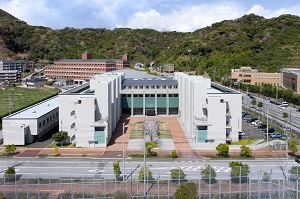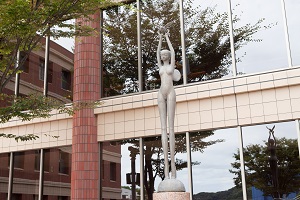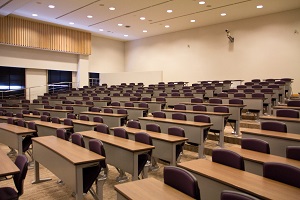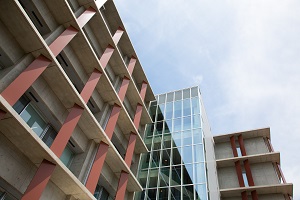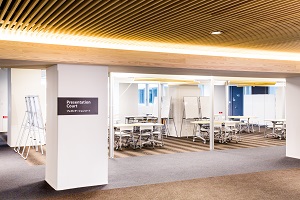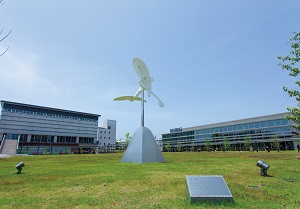本文
Admission Policy
University of Kochi Admissions Policy
The aim of the University of Kochi is to develop people who have a broad range of education, advanced expertise, a well-rounded character, the ability to play an active role not only in the local community but more widely in Japan and overseas, and who seek peace and are able to contribute to society.
Accordingly, the University of Kochi seeks the following types of students.
Type of Student We Are Looking For
- People who are able to take the initiative to learn and act proactively toward a goal
- People who have a well-rounded character and respect for others, and who strive to learn together
- People who aim to utilize what they learn at the University of Kochi and contribute to the local and international communities
| Faculties | Admission Policy |
|---|---|
| Faculty of Cultural Studies | The Faculty of Cultural Studies deepens students’ understanding of humans and society through multifaceted cultural research in the humanities and social sciences, developing a well-rounded character and the ability to act proactively through the critical succession of culture, and to contribute to the creation and improvement of local culture, while at the same time developing citizens who are able to contribute internationally to the achievement of a truly abundant and cohesive society. Accordingly, the Faculty of Cultural Studies seeks the following types of students.
|
| Faculty of Nursing | The Faculty of Nursing helps students to develop a well-rounded character and a stance for working on societal issues, and develops richly creative and well-rounded individuals who are able to pioneer nursing into the future, work with people to solve health problems, and contribute to the formation of healthy lifestyles on a foundation of the nursing philosophy, as well as specialized knowledge, technology, and humanism. Accordingly, the Faculty of Nursing seeks the following types of students.
|
| Faculty of Social Welfare |
The Faculty of Social Welfare fosters human resources who have the ability to put welfare principles into practice proactively to address the various problems that are faced in social living, developing promising human resources who are able to contribute to the improvement of welfare in a broad range of areas in society, who have an empathetic mind and well-rounded character, who engage in teaching and researching specialized knowledge, practical knowledge, and practical skills related to contemporary welfare issues supported by a deep understanding of humanity and a respect for human rights.
|
| Faculty of Nutrition |
The Faculty of Nutrition aims to develop specialists in nutrition and diet who understand the essential nature of people and health, and who are able to research “food” (the source of life) and contribute in order to enable people to live healthy lives.
|

